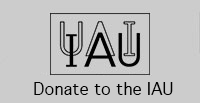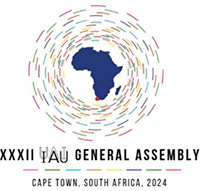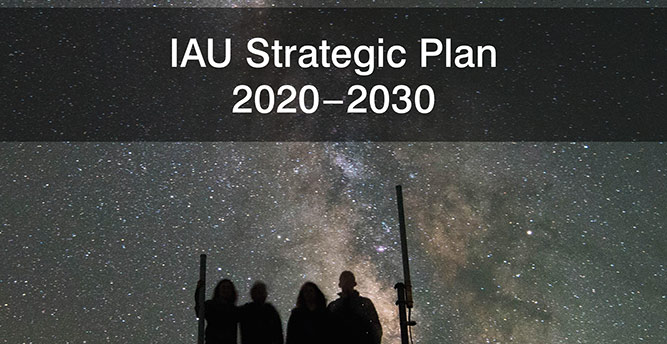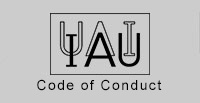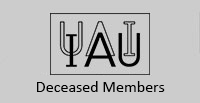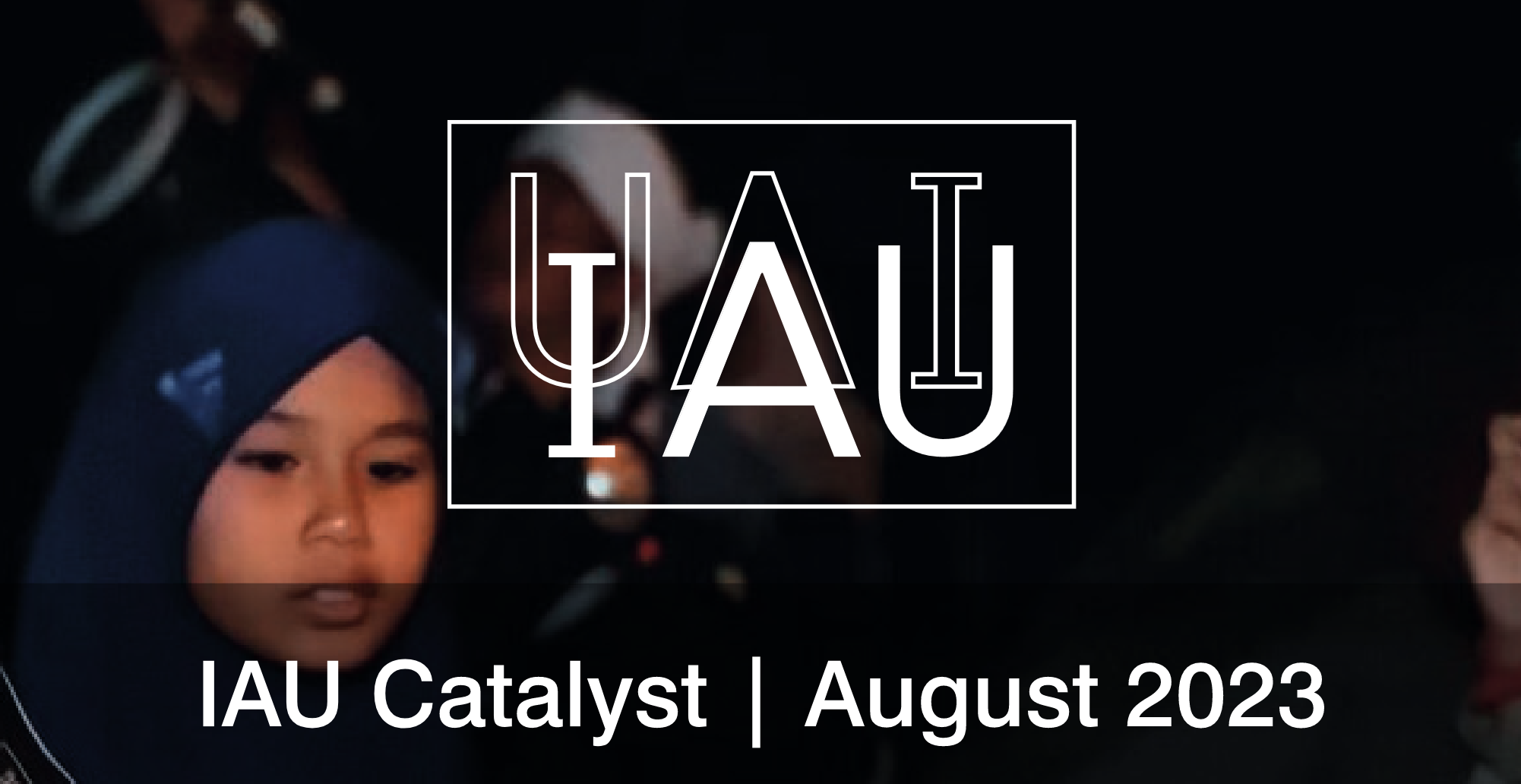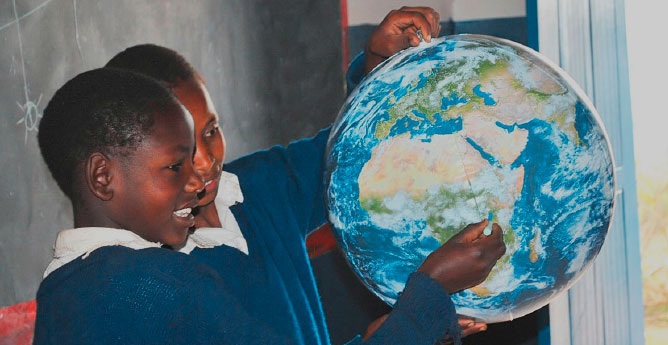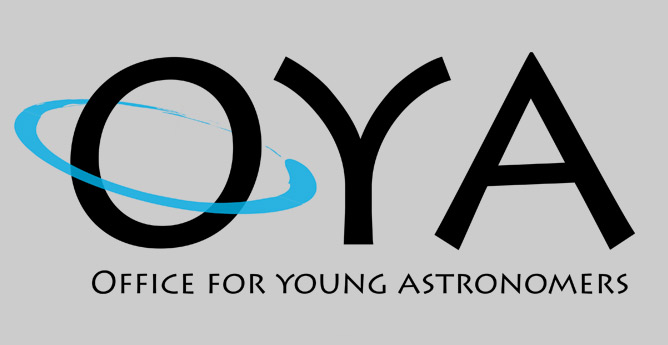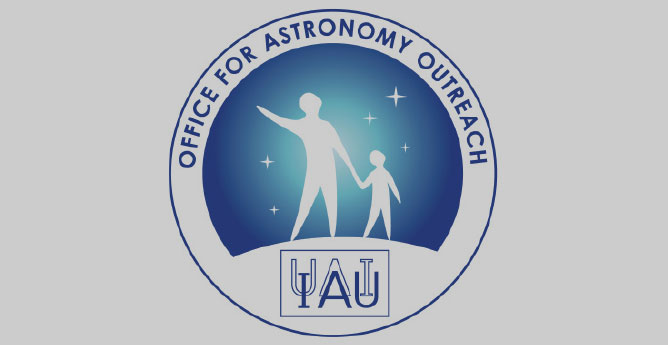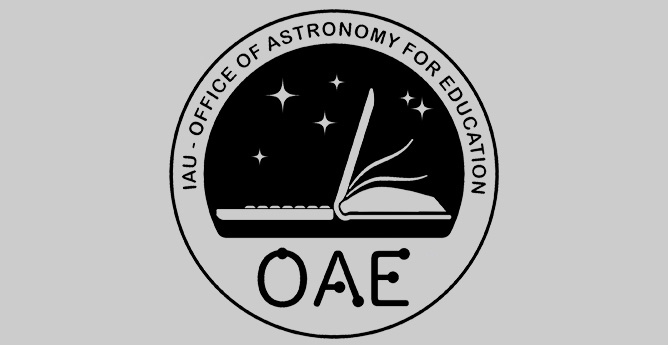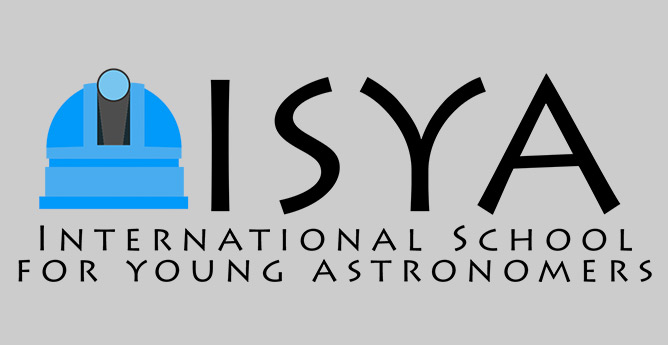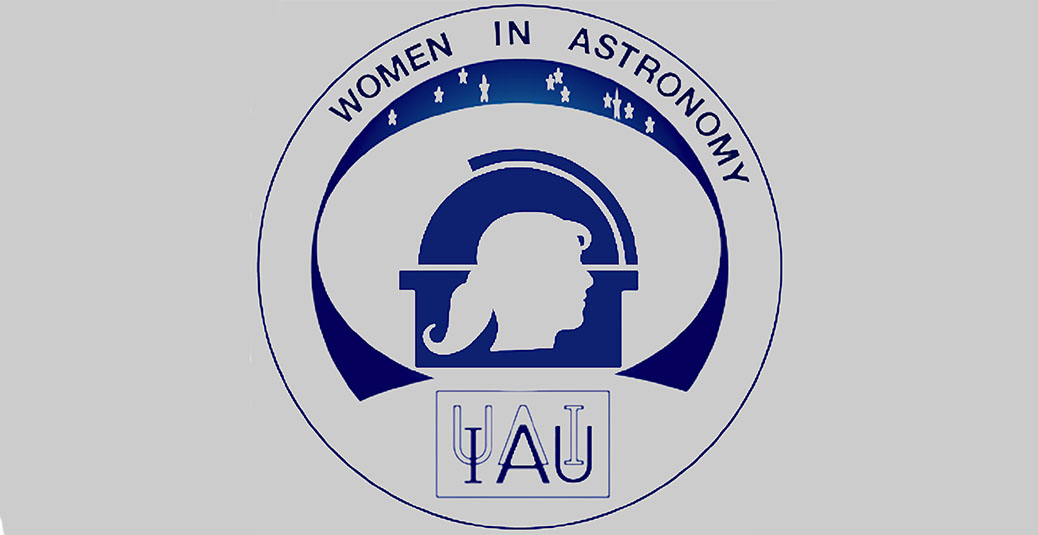- News
- Science
- Scientific Bodies
- Divisions
- Commissions
- Commission A1 Structure
- Commission A2 Structure
- Commission A3 Structure
- Commission A4 Structure
- Commission B1 Structure
- Commission B2 Structure
- Commission B3 Structure
- Commission B4 Structure
- Commission B5 Structure
- Commission B6 Structure
- Commission B7 Structure
- Commission C1 Structure
- Commission C2 Structure
- Commission C3 Structure
- Commission C4 Structure
- Commission C5 Structure
- Commission D1 Structure
- Commission E1 Structure
- Commission E2 Structure
- Commission E3 Structure
- Commission E4 Structure
- Commission F1 Structure
- Commission F2 Structure
- Commission F3 Structure
- Commission F4 Structure
- Commission G1 Structure
- Commission G2 Structure
- Commission G3 Structure
- Commission G4 Structure
- Commission G5 Structure
- Commission H1 Structure
- Commission H2 Structure
- Commission H3 Structure
- Commission H4 Structure
- Commission J1 Structure
- Commission J2 Structure
- Commission J3 Structure
- Commission X1 Structure
- Commission X2 Structure
- Past Commission Organising Committees
- Working Groups
- Centres
- Scientific Meetings
- Rules & Guidelines
- General Assemblies
- Meeting Proposals
- Future IAU Meetings
- General Assemblies
- EC Meetings
- Officers' Meetings
- Regional Meetings
- Symposia
- Focus Meetings
- Institutional Meetings
- IAU Offices Meetings
- IAU-Sponsored Meetings
- Letters of Intent submitted for 2024
- Letters of Intent submitted for 2023
- Letters of Intent submitted for 2022
- Letters of Intent submitted for 2021
- Letters of Intent submitted for 2020
- Past IAU Meetings
- Templates
- Other Meetings
- Grants & Prizes
- Scientific Bodies
- Publications
- IAU Publications
- IAU Strategic Plan
- Symposia
- WGSBN Bulletins
- Regional Meetings
- Information Bulletins/Catalyst
- E-Newsletters
- Focus Meetings
- Transactions A
- Transactions B
- Related Publications
- GA Newspapers
- CAPjournal
- IAU Books
- Brochures
- IAU Offices
- WG Reports
- Commission Reports
- Division Reports
- Past IAU Publications
- Rules, Guidelines and Instructions for Proceedings
- Publishers
- IAU Publications
- Administration
- About the IAU
- Statutes & Rules
- IAU Policies
- IAU Executive Bodies
- IAU Secretariat
- Resolutions
- Members Administration
- Administrative Dates & Deadlines
- International Organisations Relations
- Donate to the IAU
- Training in Astronomy
- Astronomy for Education
- Astronomy for Development
- Astronomy for the Public
- Office for Astronomy Outreach
- FAQ
- Themes
- Satellite Constellations
- Astronomy in Everyday Life
- How to Report a Discovery
- Careers in Astronomy
- Defining our Place in the Cosmos
- The Constellations
- Light Pollution
- Measuring the Universe
- Near Earth Objects
- How to Participate in Astronomy Research
- Naming of Astronomical Objects
- Naming of Exoplanets
- Buying Star Names
- Naming Stars
- Pluto and the Solar System
- IAU Member Statistics
- Our Moon: the Moon
- Meteors & Meteorites: The IAU Definitions of Meteor Terms
- UNESCO-IAU Portal to the Heritage of Astronomy
- Social Media
- Past Events
- Call for Online Resources
- Astronomy@Home Awards
- Contact
TGF Fellow 2014
|
Djazia Ladjal completed her undergraduate studies in Physics at the University of Science and Technology Houari Boumediene in Algiers (Algeria). Her dream of becoming a professional astronomer led her to seek a Master's degree in Astronomy and Astrophysics at the University Louis Pasteur in Strasbourg (France). Working under the guidance of Prof. Ariane Lançon strengthened her resolve in pursuing a career in astronomy. She went on obtaining a doctoral degree at the KU Leuven University in Belgium under the supervision of Prof. Waelkens, Dr. Groenewegen and Dr. Blommaert. She worked on the science preparation of the Mass-Loss of Evolved Stars Program with the Herschel Space Observatory. This program investigates the circumstellar environment of evolved stars from low and intermediate initial mass by means of far-infrared imaging and spectroscopy data. Djazia is interested in how stars such as our Sun evolve and how the stellar material they shed during the end of their life is recycled into the interstellar medium to form the building blocks of new stars and even planets. With her PhD in hand she joined the Herschel Planetary Nebulae (PNe) survey (HerPlaNS) project as a post-doc under the supervision of Dr. Toshiya Ueta at the University of Denver (Colorado, USA). Her expertise in dust radiative transfer in general and Herschel data processing in particular made her an active member of the HerPlaNS international team. The project is also part of an international community effort that aims at investigating the complex morphology and chemistry of PNe formation and evolution by combining data from different instruments and at different wavelength ranges. In order to contribute to this global effort, Djazia will use the Gruber Foundation Fellowship funding to join the Gemini Observatory in Chile, where she will use its world class observing facility to collect optical and near-infrared spectroscopy and imaging data of PNe. She will use 3D dust and gas radiative transfer codes to model these objects in order to help improve our understanding of this key evolutionary phase between the end life of a star and the recycling of its material in the interstellar medium. Recognizing the important role that local clubs and astronomy organisations played in developing her interest in science, Djazia also hopes to get actively involved in local astronomy outreach programs in Chile. |
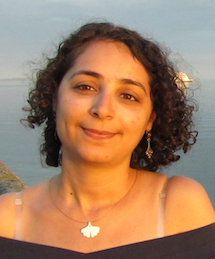 Djazia Ladjal |
